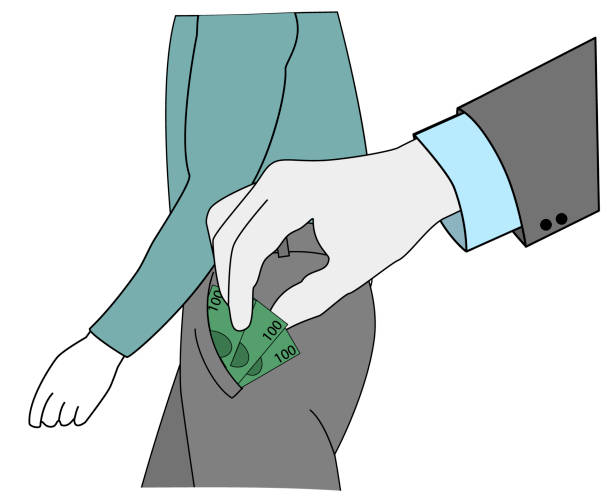Related Articles
Did you know Washington’s maximum estate tax rate of 20% is the highest in the country?
Estates of the deceased are taxed if the assessed value exceeds $2.078 million, with the exemption threshold adjusted annually based on inflation. The minimum tax levied is 10% and maxes out at 20%, depending on the size of the estate. Family farms are exempt, but there is no exemption for family-owned small businesses, which are hit hardest by the death tax.
Washington’s death tax is, of course, in addition to the federal estate tax of 40% that families must pay when their loved ones pass. As a side note, the Tax Foundation reports the U.S. estate tax rate is the fourth highest in the OECD.
The state’s estate tax imposes a significant tax burden on Washington citizens. The state Department of Revenue collected more than $154 million in estate taxes in fiscal year 2015. That means $154 million that a family business could have reinvested in their company last year to grow and create more jobs (and ultimately more tax revenue) was instead deposited in the state’s coffers.
And making for an even more uneven playing field for small, family businesses in Washington is the fact that corporations do not pay the tax, and corporate ownership can change indefinitely without incurring the estate tax. So forcing families that own small businesses to pay an extra tax when ownership is passed from one generation to the next, puts these families at an unfair disadvantage compared to their corporate competitors.
The state’s estate tax suppresses entrepreneurship, impedes economic growth and discourages family businesses from remaining in or relocating to this state. Studies consistently conclude estate taxes are among the most harmful to a state’s economic growth. Most importantly, it is unfair, because state lawmakers target family-owned businesses that can least afford to pay it, while their larger, corporate counterparts are exempt.





